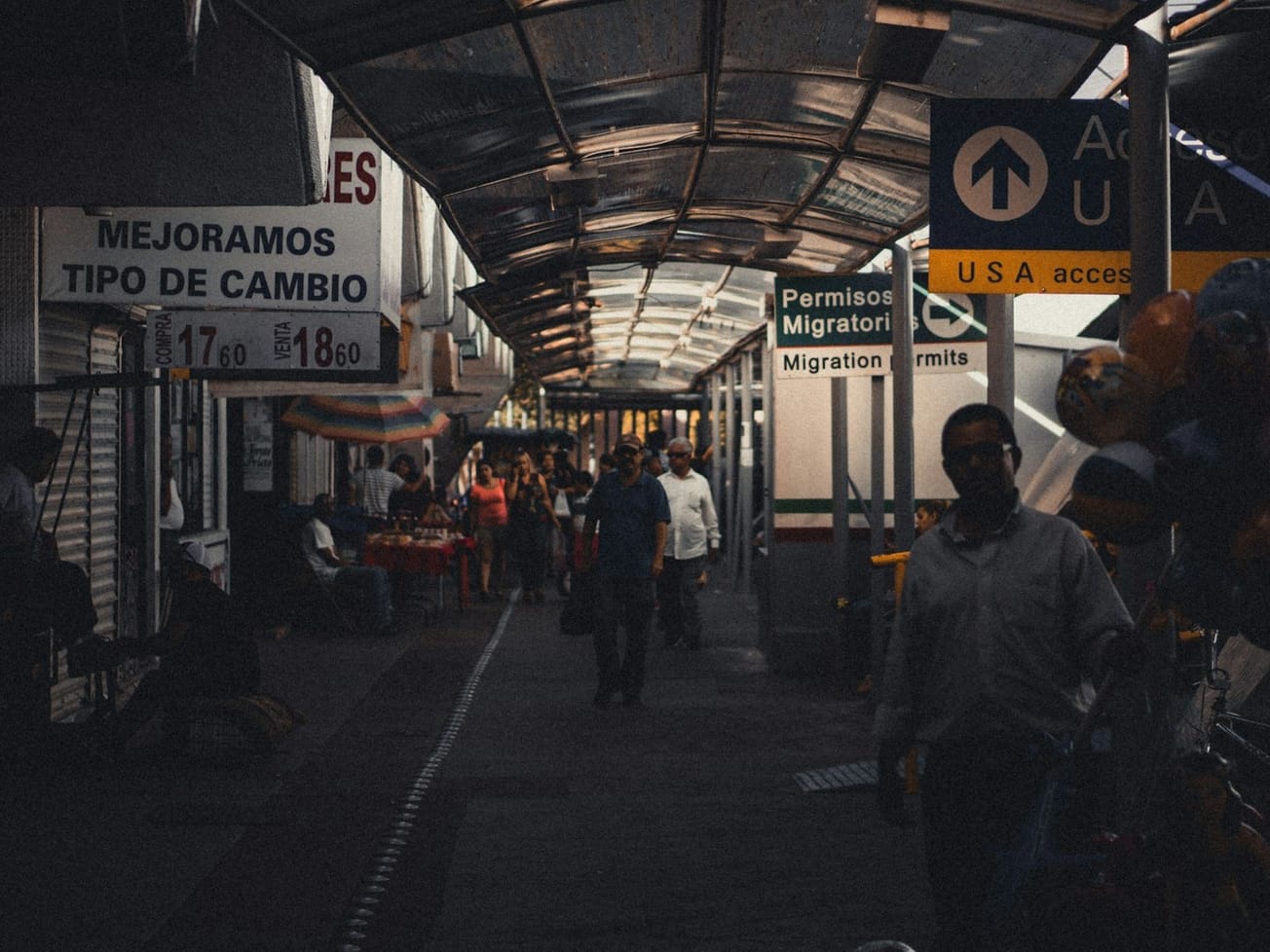UNITED NATIONS (AN) — The U.N. General Assembly adopted a new global treaty that spreads responsibility for those helping refugees flee from war and persecution.
The Global Compact on Refugees passed by a vote of 181-2, with the Dominican Republic, Eritrea and Libya abstaining. The Office of the U.N. High Commissioner for Refugees, or UNHCR, praised it as "a new deal for refugees." Only the United States and Hungary were opposed.









